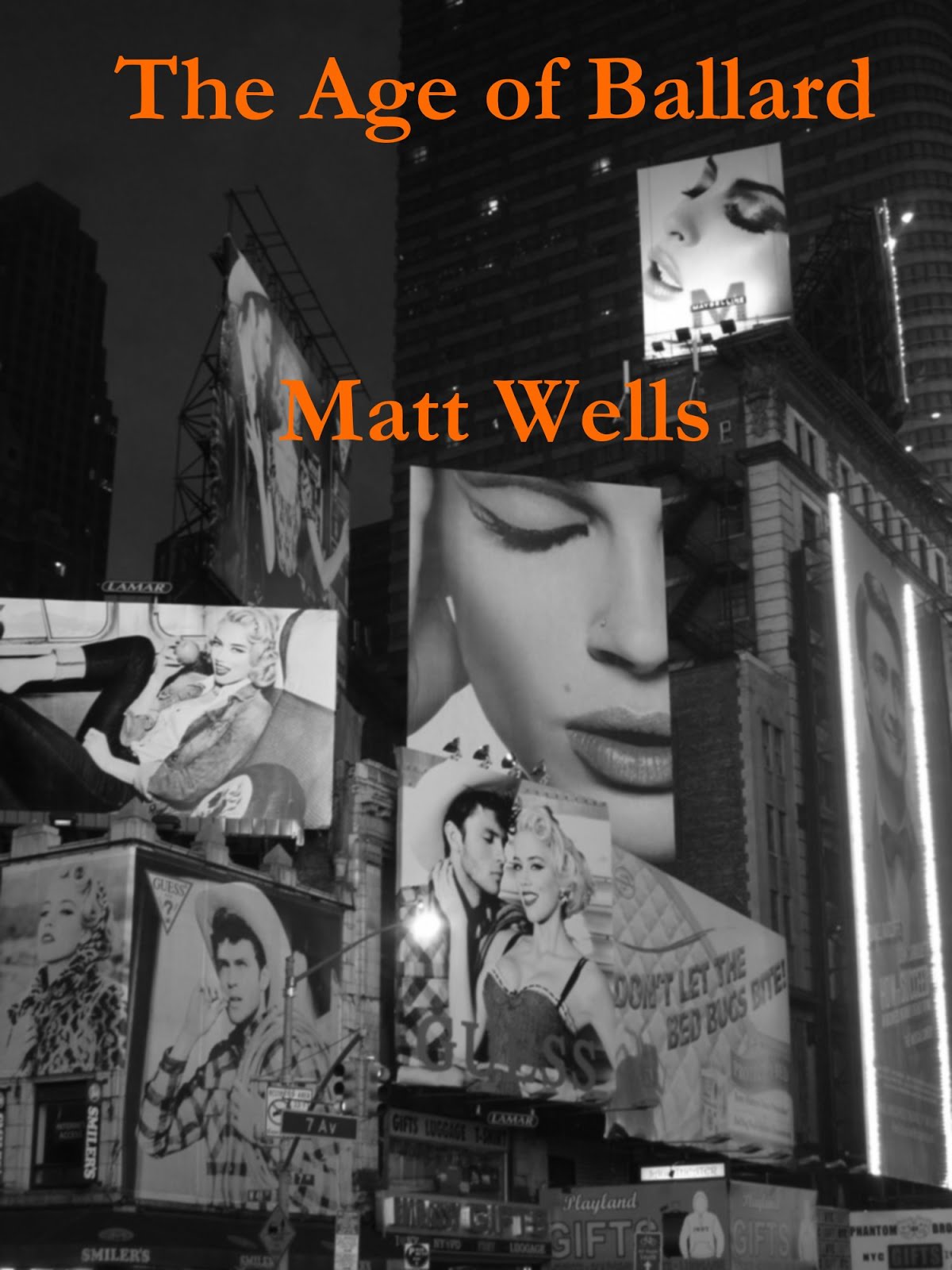The plot is simple enough. Owen Wilson plays a character that Woody Allen would have savaged thirty years ago, a successful screenwriter who yearns to write a novel. He's engaged to Rachel McAdams, which, to those of us who love Ms McA, makes him one of the luckiest guys on Planet Earth, but There's Something Missing, as there always has been in Woody Allen leading men ever since Bananas. Call it nostalgia, call it a desire to escape, call it whatever you want, but Wilson finds it at midnight in Paris when he's spirited back to the spirited Paris of the Lost Generation: Hemingway, Fitzgerald, Picasso and Gertrude Stein.
The acting is offhandedly excellent. The guy playing Hemingway is delightful, we don’t see enough of Scott and Zelda, casting Adrien Brody as Salvador Dali is genius (genius!), and then there’s Marion Cotillard, whom you can totally imagine as someone every guy in Paris is fighting over to have as his mistress. Between this and Inception, she’s carving a hefty little niche for herself as She Whom You Can’t Help Desiring; simply by showing up, she takes it to another level. Which just underscores how Michael Mann totally wasted her in Public Enemies.
What makes it a work of art? Inner contradictions. On the surface, the movie is a time-travel fantasy with a Hans Christian Anderson moral, but the way it’s constructed, it’s not that simple. Everything it says with conviction is undercut and challenged by an equally convincing opposite. Three examples:
The magic of the past. On a purely filmic level, the scenes in Hemingway's Paris are truly magical, they're the real nothing-up-my-sleeves thing; but by the time the story ends, that wished-for glamour is shown to be a self-induced delusion of escape, a metamorphosis unmasked as misdirection. And the opposition is offered without comment. The two types of magic, the fake and the real, are the same thing--it's just how you look at them--like a drawing that looks like a pretty girl right-side up and an old crone upside-down.
Knowledge. The movie flaunts its knowledge of Paris in the Twenties like Astaire flaunts his knowledge of dance, by making it look easy, by creating comic moments out of what are literally footnotes--I mean, there’s a throwaway joke about Djuna Barnes, for crying out loud--so if you know who Djuna Barnes is, it’s a really funny joke. And it’s delivered with the confidence of a writer who expects his audience to not only know what he knows, but know it well enough to laugh at a joke about it. That’s not casual knowledge; that’s a level of familiarity and expertise that defines a community of interest. And against that, as one of the chief assholes of the movie, there’s Michael Sheen’s pompous know-it-all, the flip side of the footnote coin, the guy whose every spoken word proclaims his smug expertise at everything except self-knowledge. (But then all of Woody Allen’s assholes are stuff-obsessed status-whore know-it-alls, a race of fools who deserve their own island in Gulliver’s Travels.)
Seeing. It’s also about seeing what we want to see. The main character is granted a vision of Paris as an artistic version of the stateroom scene in Night At The Opera, where you can be sitting in a tabac one moment and suddenly talking to Dali, Bunuel and Man Ray the next; and yet he’s totally blind to what’s happening in front of his present-day eyes.
Thinking about that tabac scene reminds me of another wonderful touch: the past accepts Owen Wilson, it never questions or undercuts him. It welcomes him and respects him as an equal, it says, “If you’re here, then you’re one of us.” Something people in the present never do, because they can only define themselves by us-versus-them differences. One of the subtle messages of the movie is that you have to work to surround yourself with like-minded people in this life; they don’t just come up to you because you’re standing there. In the course of the film, Wilson
Random thoughts:
The opening does for Paris what the opening of Manhattan did for New York. For the entire length of a song (which I’m guessing is Ellington’s "Midnight in Paris”) (**I guessed wrong; check out the comment below--H), we see scenes from Paris—Paris during the day, Paris at night, and Paris in the rain (a plot point) during which there was, for me, a whole “Wait—what French movie is that from?” series of visual echoes. It was not just like seeing Paris, but like seeing movies set in Paris.
The time-travel aspect of the plot gets hung up in a blind alley when Wilson finds a diary written in the 20’s that mentions him. It’s a blind alley because he never does what a normal person finding that kind of thing would do, namely skip to the end to find out what happened to the author of the diary, and find out whether he stays in the past or not. Which, if he did it, would mean the end of the movie, or a sharp right turn into the lost-love tragedy of Somewhere In Time, but since it goes nowhere, it feels wrong, like a painting that’s not quite leveled.
If you’ve ever dreamed of hearing the words “This party’s boring; let’s go to Bricktop’s,” then this movie is for you. And even if you haven't, I think you'll enjoy it. Hell, even if you don't like Owen Wilson, you'll enjoy it. That's how good it is.
So go see it. And look around and see who laughs at the Djuna Barnes joke. Those are the people to walk up to after the movie's over and start a conversation about it.






1 comment:
Hey Matt,
The song in the opening credits is called "Si Tu Vois Ma Mère" ("If you see my mother") by Sidney Bechet.
Hear it here: http://www.youtube.com/watch?v=zs_DD_7C8_A&feature=related
Such a good movie...
Post a Comment